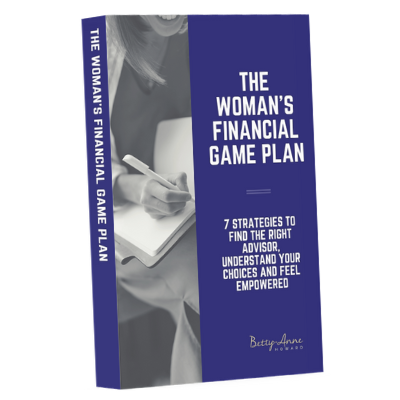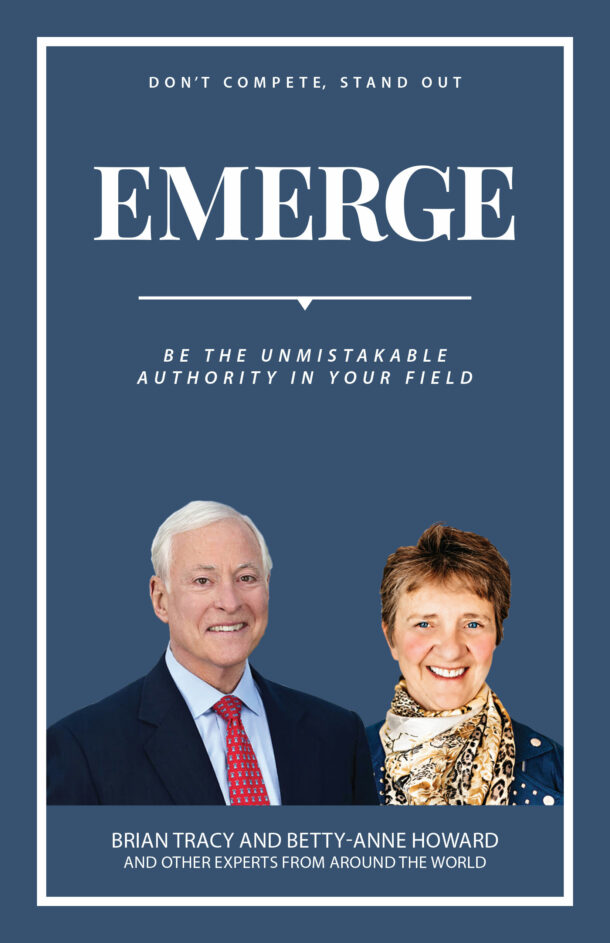Authors: Kathleen Pratt, MSW, RSW and Betty-Anne Howard

Struggling in your relationship when it comes to money? You are not alone!
Many couples experience conflict or disagreement about money at some point in their relationship at the best of times, and these are certainly not the best of times.
The anxiety that has been added to our lives around employment, health, and even just going outdoors can make already difficult relationship conversations more stressful and harder to navigate.
And the uncertainty does not only relate to employment and health.
The less tangible stressors take their toll as well. For example: being cooped up together; inability to engage in activities that bring joy or provide an outlet for blowing off steam; separation from family and friends, and disagreements about how to handle pandemic precautions.

Here are some possible signs that talking about money is a challenge in your relationship:
• one or both of you avoid having conversations about money
• one or both of you become angry and/or leave the conversation (physically or mentally) when the topic of money comes up
• silence between you creates an icy cold environment where avoiding the conversation is the norm
Can you relate to any of these scenarios? They are common and can create distress, conflict and financial problems. The good news is that you can improve these dynamics to make money conversations not only possible, but productive. Being able to talk about money can even increase intimacy in your relationship!
The Path Of Least Resistance
The worst thing couples can do is to take the path of least resistance by avoiding the topic.
Across the country and the world, mental health is suffering, with many people seeing their stress levels double since the pandemic. Many people have lost jobs or businesses, lost significant income, or had unexpected expenses.
Without a doubt, this pandemic has added complexity and stress to the financial situation of many couples. With so much uncertainty added to our lives, financial conflict between partners is at an all time high.
Family lawyers have reported an increasing number of calls to initiate separation or divorce, evidence that the fallout of this pandemic will have long-lasting consequences.

The recent Financial Stress Study by the Financial Planners Association of Canada reported that:
- Money remains the number one cause of stress for Canadians
- Half of Canadians have lost sleep over financial worries
- Women are more likely to lose sleep than men
- Those without a financial planner are more likely to lose sleep than those with a financial planner
- In 2020, four in 10 Canadians said the COVID-19 pandemic impacted their level of financial stress
Financial Stress Strategies
So, what can you do to prevent your relationship from becoming a pandemic casualty? We believe there are strategies that can be applied to strengthen your love relationship to weather all kinds of stressors.
In this article, we will share a couple of tips for things you can start doing today to help reduce tension and conflict related to money.
You may feel as though trying to figure out how money is impacting your relationship will be impossibly difficult. Your relationship with money CAN be positive, hopeful and allow you to pursue your dreams as a couple!
You may need to start out small. Plan a brief two-minute conversation about your finances and start with something positive. Keep it short. Keep it respectful. Longer conversations will follow.
We also encourage you to take it easy on yourself. Your situation is unique, and at the same time, many other couples are dealing with financial stress.

Tips to nurture your relationships for both harmony and financial success
Here are two ideas to get you started.
1. Discovering and valuing your Money Personalities
It is an unfortunate reality that many couple relationships become polarized in different ways over time. For example, a common dynamic that many have either experienced or observed is that one person becomes ‘the Talker’ and the other ‘the Listener’.
In this dynamic, one partner may want their partner to talk more and be forthcoming with their feelings. (We know this sounds familiar to many of you!)
It is interesting to note that in the earlier stages of our relationship, we may recall that both parties were ‘the Talker’ and ‘the Listener’, with communication flowing easily back and forth. This is a natural stage in relationship development.
The polarization that can occur around money is that one person becomes labelled as ‘the Spender’ and the other as ‘the Saver’.
But which money personality type is best? The correct answer is both!
The reason is that every money personality has both strengths and challenges. For an example, take Betty-Anne. Her money personalities are both ‘Saver’ and ‘Security Seeker’. This means that she finds it difficult to spend money. She gets very worried, anxious, and fearful when her spouse talks about wanting to make a major expenditure, such as building a garage or buying a generator, unless the cash is already there to take care of these expenses.
You may be wondering what the challenges are for someone who LIKES to save their money. The truth is, when a ‘Saver’ is in a relationship with a ‘Spender’, they can be like oil and water. Arguments can occur when the Spender wants something and the Saver resists or refuses.

With these kinds of polarizing forces at work, a relationship will naturally suffer. The Spender likes to enjoy life in the moment, whereas the Saver’s focus is on planning for the future.
The best way to address this polarization is to first recognize each other’s strengths based on their money personality and then focus on your shared vision for the future. When we respect and value our partner’s differences, and begin to see them as strengths, it fosters trust, communication, and connection in our relationship.
We have explained one money personality type here: Spender versus Saver. There are many others, which we describe in our For Love and Money Exploration program.
Recognize each other’s strengths based on their money personality and then focus on your shared vision for the future
Try it for yourself – can you identify your own money personality type? And your partner’s? Then consider how these dynamics, even if they seem to be opposites, can work together to become a source of strength in your relationship.
2. Mindset Matters
Our money personalities have an extraordinary impact on our money mindset. So too does our culture, gender, family history, and the society that we live in. It is another unfortunate truth that these kinds of influences are generally not obvious to us.
Conflicts can emerge between two people who were raised with different family values and/or had vastly different childhood experiences with money.
Often, what we perceive as money conflicts or differences are in fact manifestations of different priorities in life. One partner, for example, may want to spend money on designer clothing for the children whereas the other partner may believe that clothing purchased from Walmart is perfectly fine.
Underneath this argument could be a person who experienced the shame of wearing hand-me-down clothes to school and wants to spare their children from that experience. The other partner may have had the privilege of wearing designer clothes to school, rejected these values in adulthood, and think it is an indulgent waste of money.
Understanding how your money mindset has developed, the historical factors underlying your mindset, and having an appreciation for those differences can go a long way towards having a harmonious relationship.
You can see how these types of differences can lead to disagreements and repeated arguments over time. Without understanding the underlying forces at work, couples become stuck in a pattern of conflict that is difficult to escape.
The key to resolving these conflicts is stepping back from the situation in order to have a respectful conversation about your experiences and values related to money.
With patience and without judgement, genuinely appreciating each others’ experiences and perspective can create a safe place for hard conversations.

Conclusion
We believe that couples can heal conflict and learn how to have a happy, healthy, and prosperous relationship with money. Creating and establishing a respectful approach to your relationship and money can help you accomplish your dreams!
While it may sound simple enough, it is often not so easy. If you are finding it difficult to navigate on your own, consider seeking help from a trusted and reliable source. A sympathetic friend who will listen, a social worker or therapist, a financial advisor, or online resources such as workshops or courses you take together can help bridge the gap between where you are now and where you want to be in your relationship.
Discovering each other’s money personalities, being conscious of your money mindset, and understanding these core values as strengths will help build the foundation for a plan to make your mutual dreams a reality.
Kathleen Pratt, MSW, RSW is a licensed social worker and certified yoga instructor in Kingston, Ontario. Betty-Anne Howard, CPF is a philanthropic financial advisor working with women and couples across Canada. Kathleen and Betty-Anne are the co-creators of For Love and Money Exploration™ (FLAME); a program to help couples have difficult money conversations and make future financial plans in harmony.
Interested in learning more about your money personality type?
The For Love and Money Exploration (FLAME) program includes strategies to help guide you towards a healthy, happy and thriving relationship.
The course covers creating a shared vision, money talk guidelines, how to practice curiosity and agree to disagree, and much more!






0 Comments